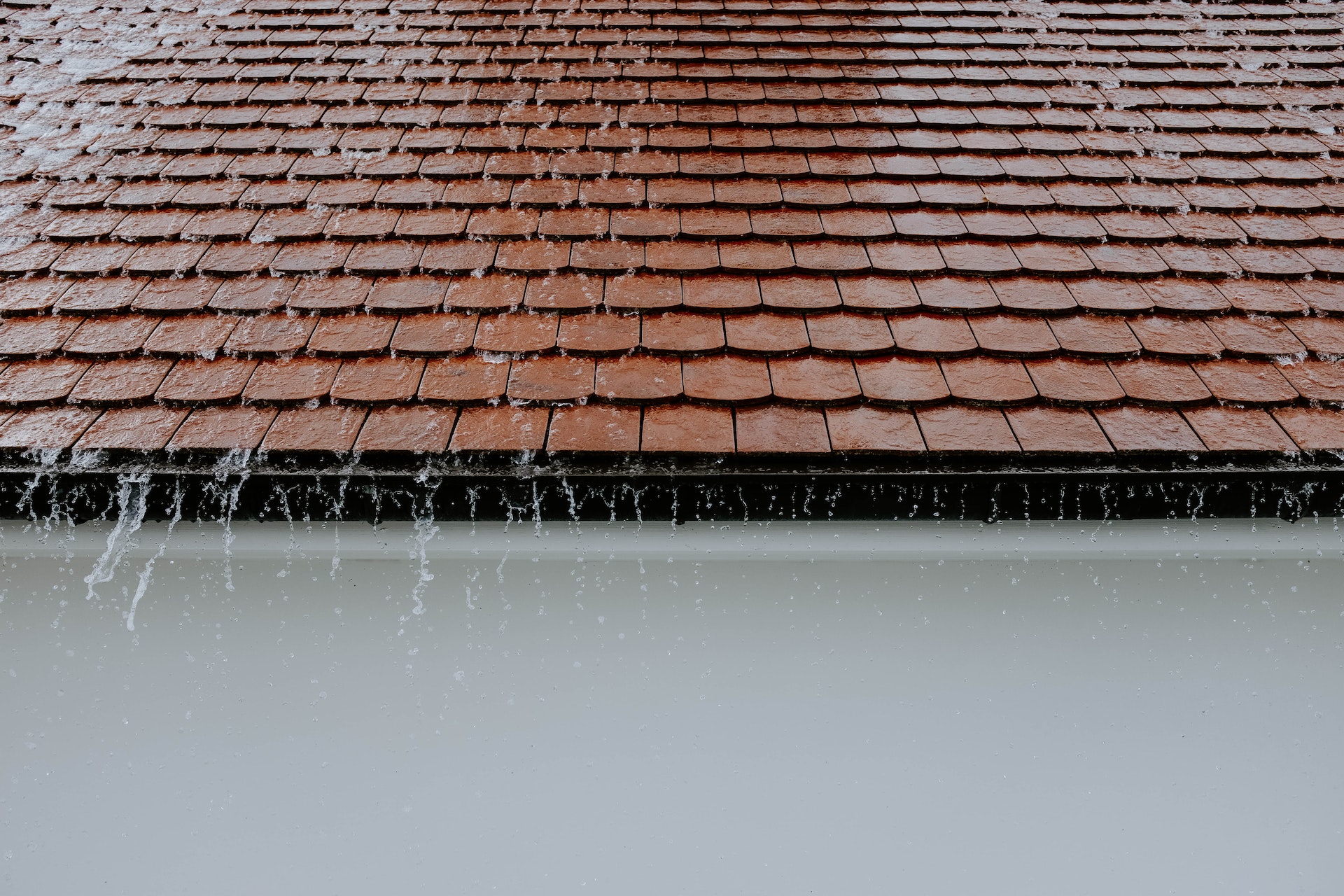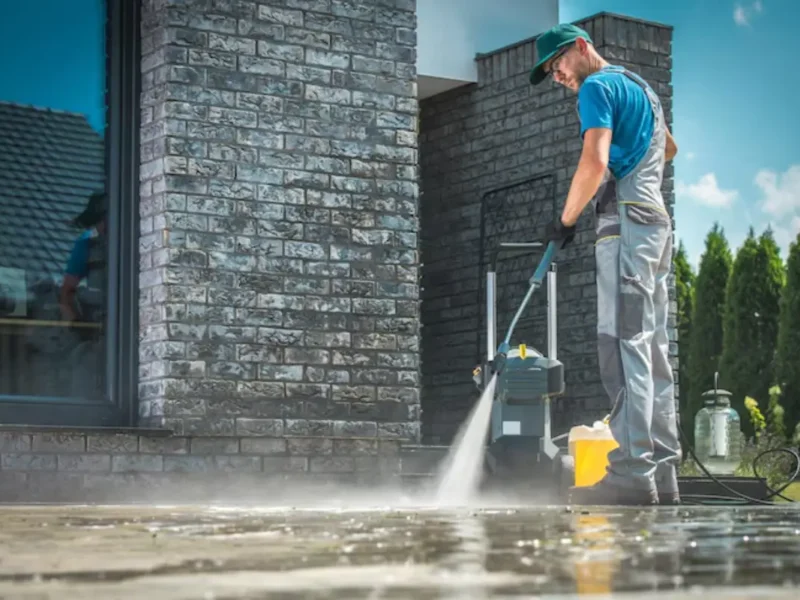When you invest in a new roof, you’re signing up for a decade or more of protection from the elements. But not all roofs are created equal, and the quality of your roof can vary widely based on the type of materials used. As well as the skill of the contractors, and even the individual workmanship.
Because of this, it’s important to be able to identify a good roofing job as well as an incompetent one. Below are some identifying signs that will help you determine whether or not your new roofer is worth their salt and worth your money.
Everything’s installed properly
A roofer’s top priority is installing your roof correctly and safely. If you notice that the roofers haven’t installed the supports properly. Or that they’ve forgotten to use straps to secure the roof shingles. This is a sign that they’re not doing their job right.
The same goes for nails or screws that aren’t flush or that are protruding from the roof. If you notice any of these issues, speak to your contractor and inform them of the problem. If they neglect to address the problem, you have the right to seek a partial or even full refund.
This is actually a big problem that many homeowners have experienced before, especially in Texas. So make sure you hire the right company for your roofing needs. Contact Mighty Dog Roofing in Garland, TX, for more information regarding roofing installation.
The materials are of high quality
When you’re getting a new roof installed, it’s tempting to go for the shingles that are the cheapest. However, these materials might only last a few years before they start to disintegrate.
Instead, choose high-quality shingles that are made from durable materials and that come with a warranty for at least 20 years. The same goes for the nails or screws that your contractor uses to secure the shingles.
If the contractor uses nails, make sure they’re made from stainless steel or galvanized steel. Otherwise, they could rust through and cause damage to the shingles.
Screws will be a better choice, but make sure they aren’t made from cheap, soft metals that won’t hold up well. If a contractor uses staples to secure the shingles, make sure they’re made from stainless steel.
The sealant is still fresh and sticky
All new roofs come with a layer of sealant that’s applied between the shingles and the roof deck to prevent water damage. If your sealant is sticky, this means it’s newer and hasn’t dried out yet.
However, if you can’t find any sticky sealant and only find a layer of dried, crumbly sealant, your contractor may have skimped out on materials and simply applied some cheap sealant that won’t do its job properly. Make sure you inspect your sealant and that it’s sticky and hasn’t dried out. If it has, this is a sign that your contractor didn’t use the best materials.
There’s no excess debris anywhere
When a contractor installs your roof, they’ll inevitably leave behind a mess of nails, shingles, and other roofing debris. Make sure your contractor cleans up after themselves and removes all of the roofing materials from your yard.
If your contractor leaves a huge mess and doesn’t bother to pick up any of their roofing materials, they probably didn’t care enough about your roof to do the job right.
There’s a drip edge or rain-channel for the runoff
All roofs have a gutter system that collects and channels away the water that’s been runoff by your roof. However, some contractors will either forget or omit the installation of a drip edge or rain channel on your roof.
Without this channel, water will simply run off your roof and into your home, causing damage to your belongings and your floors. Make sure your contractor includes the installation of a drip edge or rain channel. If they don’t, they’re probably not worth your money.
Good roofers only use certified roofing materials
If you notice that there are a large number of shingles that are broken or split or that there are areas where the shingles look like they’re curling and peeling, your contractor may have used cheap, faulty roofing materials.
All roofing materials must be certified and meet the standards set by organizations. Organizations such as Underwriters Laboratories and International Roofing and Waterproofing.
If your contractor used low-quality materials to install your roof, they probably didn’t use any certified materials. Make sure your contractor only uses certified materials, as these are the only materials that can truly protect your home from the elements.
Check your contract – Make sure there are no surprise clauses.
If your contractor works off a contract and you sign it, make sure there are no “surprise” clauses or hidden obligations that you’ll be responsible for.
However, if a contractor works off a contract, they should be obligated to follow the rules and regulations set forth in it. Just as you would be obligated to follow the payment schedule and payment amounts that are set forth in it.
If a contractor tries to tack on extra charges or obligations outside of the rules and obligations set forth in the contract, don’t sign it. Or make sure you negotiate an appropriate payment plan with them.



